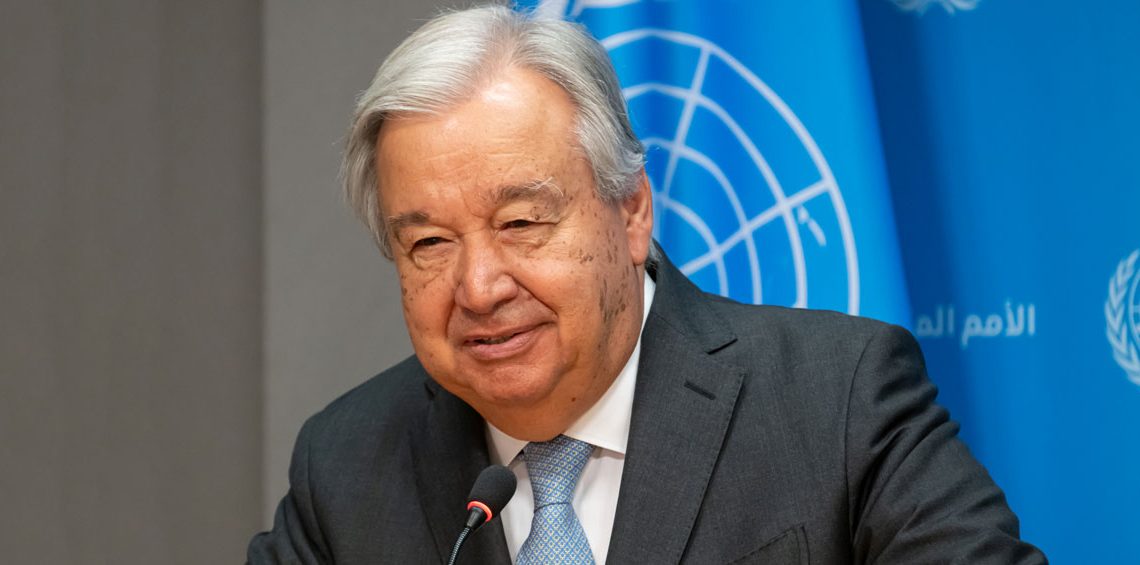Global action urged to combat extreme heat amid rising temperatures

UN Secretary-General issues call to action
In a powerful statement addressing the escalating climate crisis, United Nations Secretary-General António Guterres has issued a comprehensive call to action on extreme heat.
This directive responds to the alarming temperature surge worldwide, which has resulted in deadly impacts. Guterres’ appeal underscores the urgent need to safeguard vulnerable populations, protect workers, enhance resilience through data and scientific advancements, and limit the global average temperature increase to 1.5 °C.
The climate crisis is driving temperatures to unprecedented levels, leading to a surge in heat-related deaths and illnesses that are placing an immense strain on global health systems.
According to recent estimates, approximately 489,000 deaths related to heat occurred annually between 2000 and 2019. Extreme heat has emerged as the leading cause of weather-related fatalities, highlighting the severe consequences of rising temperatures.
Dr Maria Neira, Director of the Department of Environment, Climate Change, and Health at the World Health Organization (WHO), emphasised the widespread impact of extreme heat.
“Extreme heat is the most visible effect of climate change; it affects everyone,” Neira said.

“Individuals with pre-existing health conditions are particularly vulnerable, and the broader population is also at risk in ways that might not be immediately apparent. Even mental health can suffer, with heat exposure potentially causing confusion, anxiety, or aggression.”
Severe heat stress
Prolonged and intense exposure to high temperatures can lead to severe heat stress, exacerbating existing health conditions such as cardiovascular disease, diabetes, mental health disorders, asthma, and kidney disease.
Extreme heat conditions can also elevate the risk of accidents, adverse pregnancy outcomes, and the spread of certain infectious diseases. Without proper intervention, untreated heat stress can escalate to heat stroke, a potentially fatal medical emergency.
Despite these grave risks, heat-related illnesses and fatalities are preventable. Established, evidence-based strategies and tools can significantly mitigate the health impacts of extreme heat.
Key preventive measures include raising public awareness of heat safety, implementing heat-ready social protection and health systems, scaling up heat-health warning systems to inform both authorities and the public, and integrating nature-based solutions in urban planning to alleviate excessive heat in cities.
A recent WHO report highlights that expanding heat health-warning systems in just 57 countries could potentially save nearly 100,000 lives annually.
The WHO sponsors the Global Heat Health Information Network in collaboration with various UN agencies, governments, experts, and civil society organisations. This initiative aims to consolidate knowledge and scale up effective solutions to protect communities from the detrimental global effects of extreme heat.
Guterres’ call to action is critical in galvanising international efforts to address extreme heat’s severe and growing challenges. As temperatures continue to rise, the global community is urged to act decisively to safeguard health, enhance resilience, and limit the impact of climate change on vulnerable populations worldwide.
Featured image: UN Secretary-General António Guterres briefs the news media on extreme heat and climate change in New York City. Credit: UN Photo/Mark Garten













